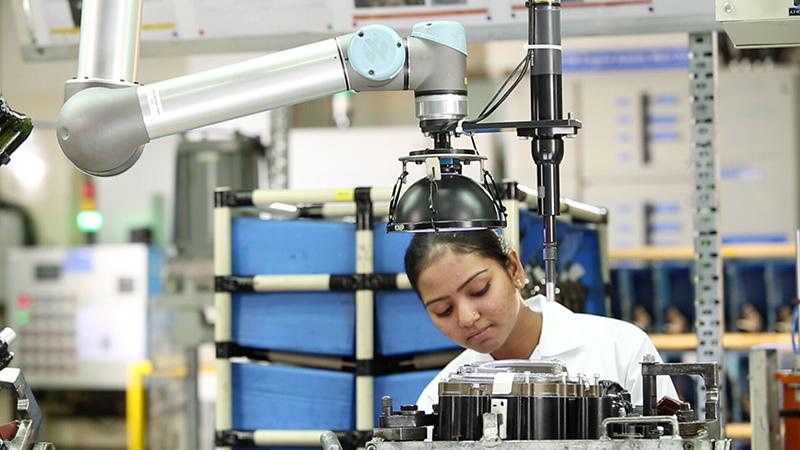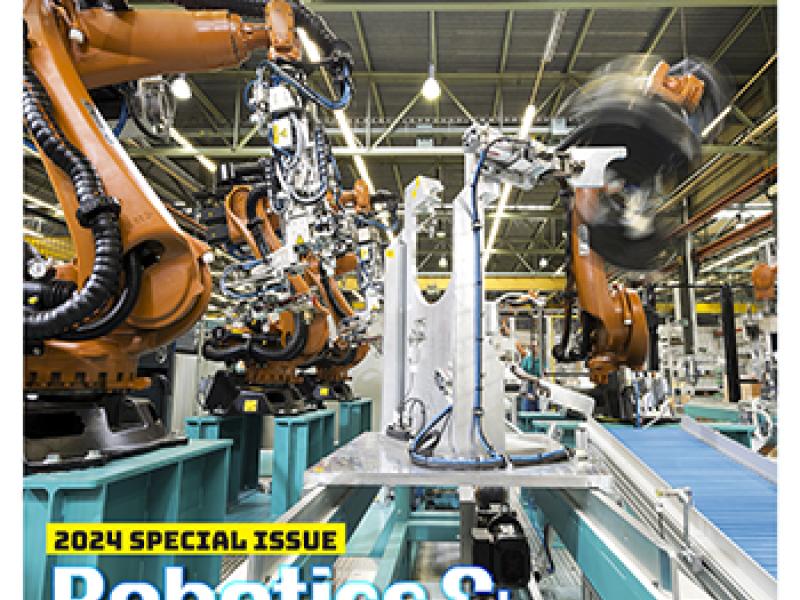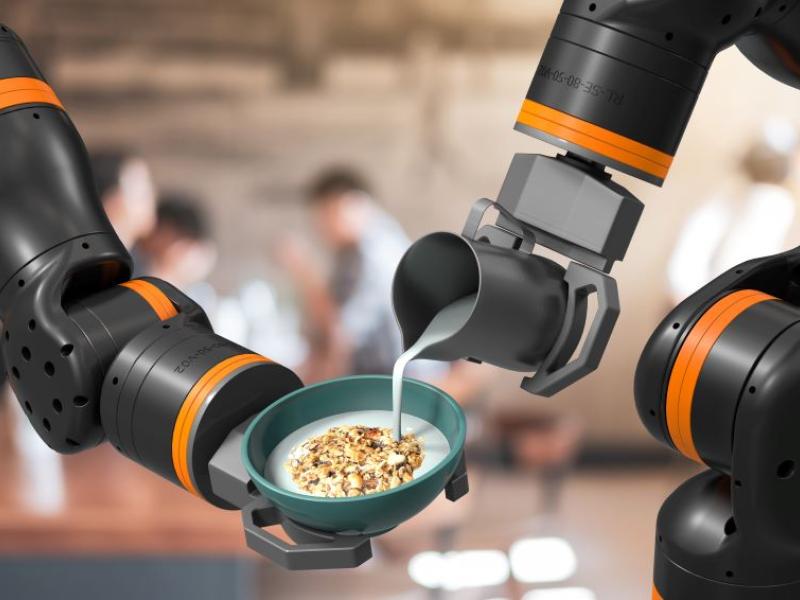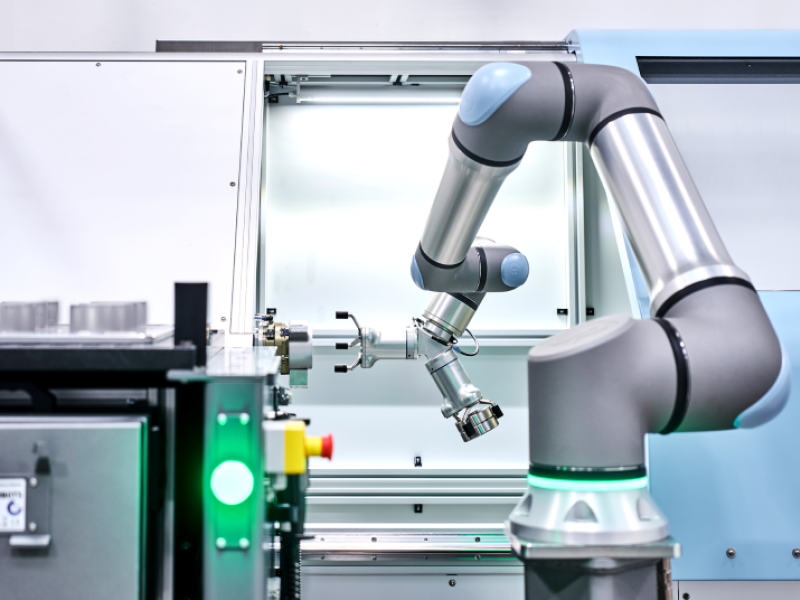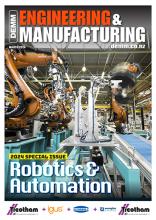New Zealand – Collaborative robots (cobots) are firmly at the forefront of modern manufacturing and are set to redefine automation as a dynamic alternative for manufacturers both big and small.
Beyond their ability to fulfil dull, dangerous, and even dirty jobs, cobots give rise to the collaborative automation era in which humans and robots can work together and a valued-based ecosystem is formed. As Masayuki Mase, Country Manager for Universal Robots Australia and New Zealand explains: “We are changing the narrative from “people working like robots” to “people working with robots.”
Concluding the age-old debate around whether cobots are trying to take over the jobs of humans, Masa responds: “No. Cobots are empowering a new generation of workers who want to work alongside robots. They are reigniting a passion for manufacturing amongst the younger generations who understand where the future of manufacturing is heading.”
Attracting and Retaining Talent
The COVID-19 pandemic has changed the way in which people view work. Many have decided to turn away from roles that are repetitive, lack progression opportunities or pose risks to their mental or physical wellbeing.
Coupled with this are concerns around an aging workforce and the struggle to attract and retain young talent. However, Masa believes robotics may be the answer. “Cobots need to be programmed, operated, and maintained. Cobots enable creative problem solving and inspire solution-orientated thinking.”
The food and beverage sector relies heavily on manual labour and the Bloomberg cites that New Zealand is in short supply of labour, stating: ‘New Zealand's closed border has cut the supply of imported labour, creating worker shortages that are driving up wages and contributing to the fastest inflation in more than 31 years.’
Businesses now urgently need to find additional workers to fulfil the amount of manual work that the food and beverage sector currently relies on. “In addition, one billion people will need to be reskilled by 2030 across all sectors globally – including food and beverage” comments Masa.
In fact, labour shortages are prevalent in even the most well-resourced companies and while raising salaries may be an option for some, not everyone is after money. “Many employees are rethinking their ideals around work and the workplace since the onset of the COVID-19 pandemic. Some manual workers leave their roles due to a lack of engagement or career advancement prospects.”
Even if businesses manage to fill vacancies, poor retention rates still threaten their profitability. It can often take months to onboard someone properly, costing companies in terms of turnover and lost productivity.
This bodes the question: “How do we attract talent and what sort of work are they looking for?”.
An Automated Answer
Masa believes that the uptick in cobots plays a crucial role in luring the local workforce back into the talent pool. “We are excited to see cobots transforming production and manufacturing environments around the country, and helping businesses better utilise the people they do have. These intuitive machines are taking on a range of popular tasks such as picking, placing, palletizing and packaging tasks at the end of the production line in the food and beverage industry. In other industries too, they perform jobs such as welding, screw driving and polishing or CNC machine tending.”
Rather than replacing workers, cobots are a solution to both parts of the recruitment challenge. These machines can step in to tackle heavy, tedious or unpleasant tasks, freeing their human colleagues up for more high-value work that requires more thought or a considered human touch.
Adding to this is the rise in female talent. “In the past, some of the dull, dangerous and dirty jobs were viewed as jobs for males, but today, females are re-entering the sector with the prospect of fulfilling exciting, high-value roles and working alongside cobots in the manufacturing and engineering space” says Masa.
Around the globe, Universal Robots have deployed more than 50 000 cobots and are seeing heightened demand. “As recruits send in their CV’s they want to know that they are part of a progressive company, and this is where robotics can play a part in creating a manufacturing sector that is more attractive to younger talent” concludes Masa.


